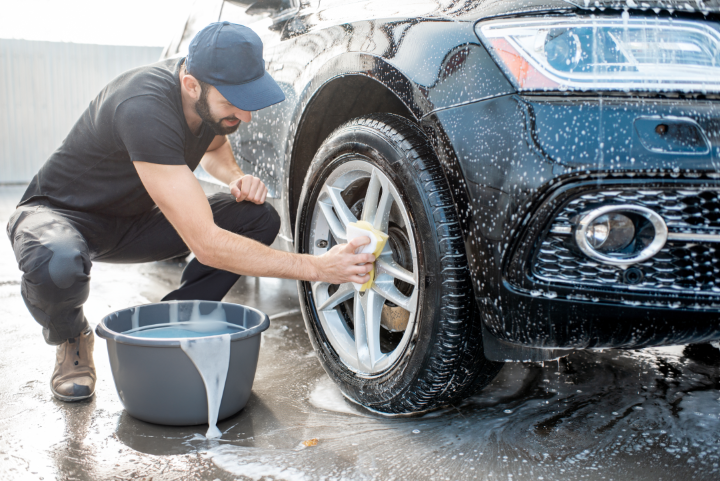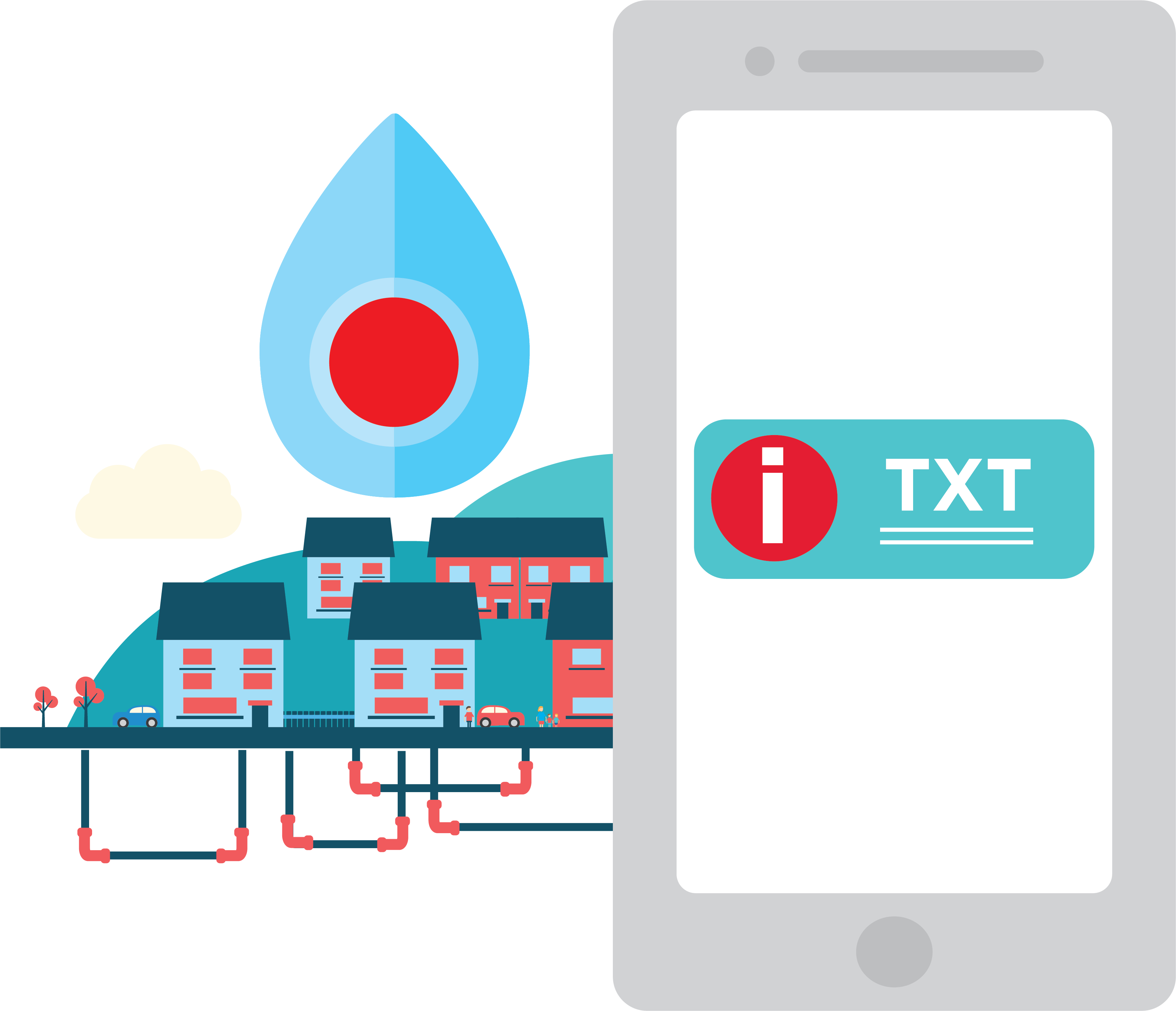
Following the recent release of the first ever Continuous Household Survey (CHS) in relation to Household Water Usage, NI Water is appealing for people to be smarter with how they use their water outdoors including the use of hosepipes and buckets.
The CHS results show 81% of households had a hosepipe or bucket for outside use. Of those who had a hosepipe or bucket, over two thirds (67%) said they used them to water the plants, over half (52%) said they use them to wash the car and more than one in ten (43%) use them for power washing.
The CHS results also show the other reasons people use a hosepipe or bucket include watering the lawn, filling paddling pools, washing out bins, hot tubs, windows, motorcycles, farm work and pets.
NI Water says the findings are important and enable every household the opportunity to understand how it can use water more wisely and adopt lifelong habits that will help protect the environment and one of the planet’s most precious resources – water.
NI Water Education Officer Anna Killen said: “We might think that after what felt like a very wet summer this year that there is more water than enough to go around. However, although the planet is covered in water only one percent of it is actually drinkable so it really is essential to conserve water now for future generations.
“There are some great ways we can all use water more wisely, including outdoors. For example, if you have to water your garden, a watering can or waterbutt is a great alternative to a hose or bucket. A waterbutt collects rainwater and can be used for watering plants, filling ponds, washing windows and cars. While those who like to keep their car clean can also ditch the hose and use the water they’ve collected in their waterbutt, or sparingly use a bucket and sponge.
“There are lots of ways people can save water by looking at everyday habits and seeing where they can be changed. Why not give NI Water’s online ‘Get Water Fit’ water audit a go on www.getwaterfit.co.uk to find out more about how and where you use water and discover easy ways to make savings.”
Anna’s top outdoor tips for reducing demand for water and avoiding wastage outdoors include:
- Watering plants: use leftover dishwater or use a watering can instead of a hose or bucket. Leftover water from the overnight glass on your beside table can also be used to water plants
- Use a waterbutt: they are a great way of harvesting rainwater, which can then be used to water plants and to wash cars, motorcycles, windows, hot tubs, bins and even our pets
- Mend leaking taps, including outdoor taps: taps that drip once a second result in the loss of 33 litres of water a day
- Turn off the tap: don’t leave taps running longer than necessary - a running tap, including outdoor taps, can use 6 litres of water per minute
- Get Water Fit – NI Water’s online water audit https://www.getwaterfit.co.uk will help you find out more about how and where you use water and it also suggests some easy ways to help you make savings
Ends
Notes to editors:
- The Household Water Usage factsheet 2023/24 was published on Wednesday 2nd October 2024. It is a publication produced by the Analysis, Statistics and Research Branch (ASRB) of the Department for Infrastructure (DfI) and presents findings from the 2023/24 Continuous Household Survey (CHS). The publication is available on the new Water Usage Research webpage
- The information presented in this publication derives from the 2023/24 the Continuous Household Survey (CHS) in relation to Household Water Usage. The CHS is considered to be a representative sample of the population at household level.
- A total of 4,927 adults aged 16 and over were surveyed in 2023-24.
- The report provides annual statistics on the use of water by individuals and households including use of showers, dishwashers, washing machines and hosepipes.
Media enquiries to the NI Water Press Office via email to press.office@niwater.com

